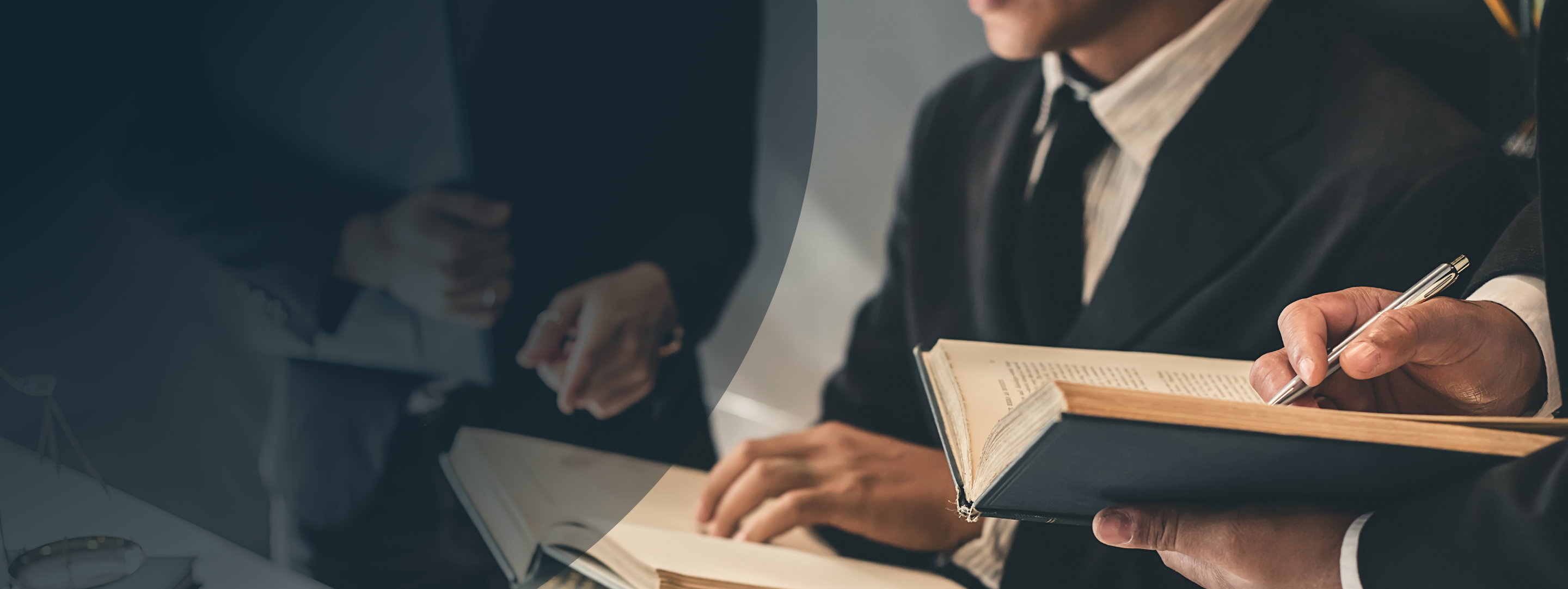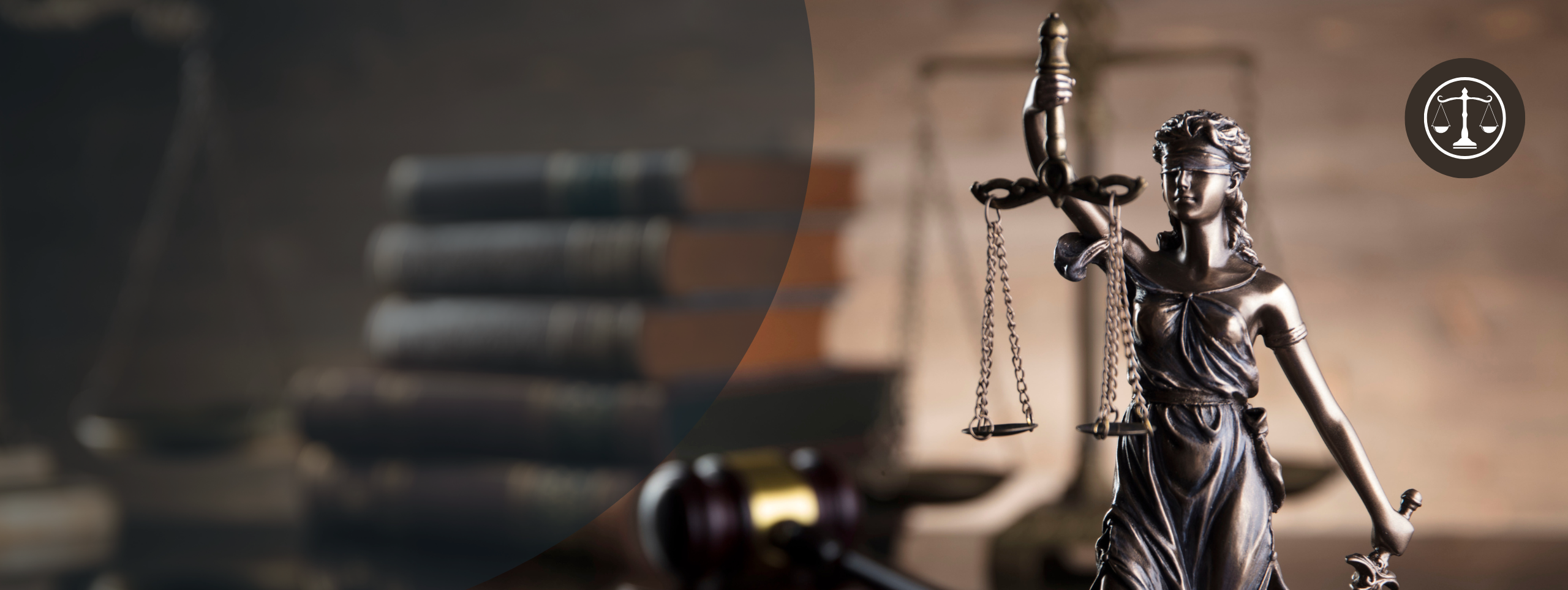RSA Introduction
New South Wales (NSW) is a vibrant and dynamic state within Australia’s hospitality industry . Whether you’re planning to open a new bar, restaurant, convenience store, or to host an event serving alcohol, you’ll need to apply for a liquor licence, also known as an RSA (Responsible Service of Alcohol), from the Australian government. Brightstone Commercial Law provides an in-depth guide to the NSW liquor licensing system and a step-by-step process for applying for an Australian liquor licence.

Types of Liquor Licences in NSW
NSW offers various types of liquor licences tailored to different business operations and event requirements. Understanding the right licence type for your needs is the first step toward compliance and smooth business operations.
This licence is required for venues like restaurants, cafes, and salons where alcohol is sold for on-site consumption alongside other services or products. It is the most common licence type, with the following conditions:
- The venue’s primary purpose must not be alcohol sales.
- Free drinking water must be provided to customers.
- The venue must operate as an open business, not a private club.
- Signage must be displayed at the entrance, including the venue name, licence type, and nature of operations.
A Packaged Liquor Licence allows for the sale of alcohol in sealed containers for off-premises consumption. This is vital for bottle shops and online alcohol retailers, provided that the alcohol is delivered in sealed packaging.
Designed for registered clubs, this licence permits the sale and supply of alcohol to members and their guests. It is commonly used by social, sports, and community clubs.
Ideal for temporary events or specific occasions, a Limited Licence allows the sale or supply of alcohol during events such as fundraisers, private parties, or one-time community events.
This licence is for businesses involved in producing or distributing alcohol, such as breweries, wineries, and distilleries. It allows wholesale sales to retailers or direct sales to consumers.
How to Obtain a Liquor Licence in NSW
Securing a liquor licence in NSW requires careful preparation and compliance with regulatory standards. Below is a comprehensive step-by-step guide to navigating the process:
Determine the type of liquor licence that matches your business or event. Consult the Liquor & Gaming NSW website or a legal expert to ensure you select the appropriate licence for your operations.
Collect all necessary information and documents for the application, which typically include:
- Business details and structure.
- Evidence of development consent or planning approval.
- Community impact statements (if applicable).
- RSA (Responsible Service of Alcohol) competency cards for staff.
- Venue layout and facilities details.
Applications can be submitted online via the Liquor & Gaming NSW website. Ensure all required documents are attached and the forms completed accurately. Application fees vary depending on the licence type.
In some cases, you may need to notify the community or stakeholders about your application. This could include:
- Posting public notices at your premises.
- Publishing advertisements in local newspapers.
- Notifying nearby residents and businesses.
The consultation period allows the public to provide feedback or objections.
Liquor & Gaming NSW evaluates your application, considering factors like the venue’s suitability, the applicant’s character, and the impact on the community. This process may involve inspections or interviews. If approved, your licence will be issued.
Once granted, compliance with licence conditions is mandatory. This includes:
- Adhering to specified trading hours.
- Ensuring responsible alcohol service.
- Maintaining a safe and orderly environment.
Periodic audits may be conducted to ensure compliance.
Special Cases: Transferring a Liquor Licence
If you are purchasing a business with an existing liquor licence, you’ll need to transfer the licence. This involves:
- Submitting a transfer application.
- Providing evidence of ownership or lease agreements.
- Additional documentation based on the buyer’s ownership structure.
Given the complexity of this process, consulting a legal expert is recommended.
Need Help?
Applying for a liquor licence in NSW is a relatively complex process that requires careful planning and strict compliance with regulations. By selecting the appropriate liquor licence type as outlined above, you can ensure your business or event operates legally and responsibly. For further assistance, consider visiting the NSW Liquor & Gaming website or consulting legal experts for professional guidance.
Was this article helpful?
News

New Law in 2025: FRCGW Withhold Rate and NSW Surcharges
19/12/2024We help with your legal needs today!
Don’t worry, just book a time and talk to our solicitor and we’ll help you.






